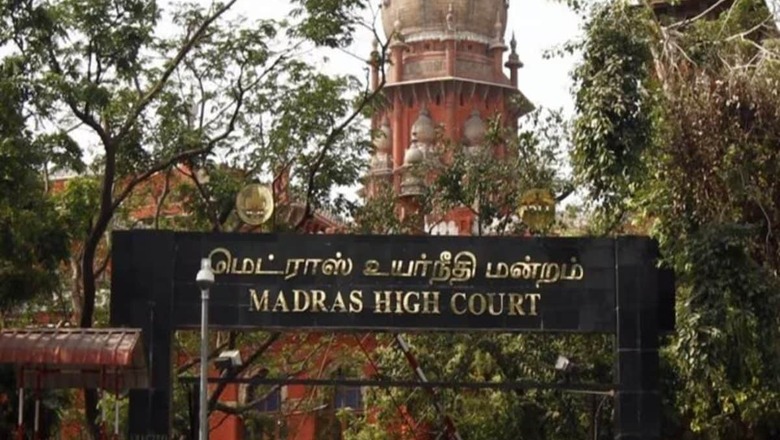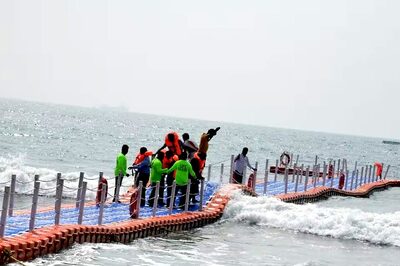
views
The Madras High Court recently quashed a case filed under the Protection of Children from Sexual Offences (POCSO) Act, 2012, and The Prohibition of Child Marriage Act, 2006. The court noted that the victim was the accused’s wife whom he had married when she was a minor but the couple was living peacefully together now.
Therefore, taking into account the well-being of the couple’s young children, the court deemed the situation deserving of leniency.
The case had come up before the police for investigation through the intimation given by the doctors in the government hospital where the victim was taken by her mother for a medical check-up. Subsequently, the police arrived at the hospital and took a statement from the victim. Based on that, the case was registered under the provisions of the POCSO Act and the Prohibition of Child Marriage Act, 2006, against the victim’s husband, his father, and the victim’s parents.
Seeking relief, the accused persons approached the high court. Their counsel informed that the accused husband and the victim girl, who was not major, are living as husband and wife and they have two minor children aged about three and two years respectively.
He argued that if the trial concludes and ends in judgement, the victim’s husband and his father along with the victim’s own parents will be sentenced to imprisonment of various lengths and if they move an appeal, the final decision will be delayed.
“By that time, the minor children aged three and two will be denied the love, affection, and care of the father and grandparents. It is a very shocking circumstance,” he argued.
The court agreed with the argument placed and opined that if the provisions of the POCSO Act and the Prohibition of Child Marriage Act, are mechanically applied, for no fault of the minor children, they will be forced to “live a cruel life and face cruelty of the society. Therefore, this is a peculiar circumstance.”
The high court further underscored that the participation of both the husband’s father and the victim’s own parents in the crime was undeniable, creating additional complexities in the case. In light of this, it emphasised that the paramount consideration should be the well-being, both mentally and physically, of the minor children, as well as their future.
Consequently, the court concluded that, given the circumstances, the crude application of the law had to be averted.
“It is an extraordinary circumstance. This cannot be applied as a general rule,” it said.
Accordingly, the bench of Justice Sathi Kumar Sukumara Kurup allowed the petition and, exercising the extraordinary power under Section 482 of CrPC, quashed the case against the petitioners.



















Comments
0 comment